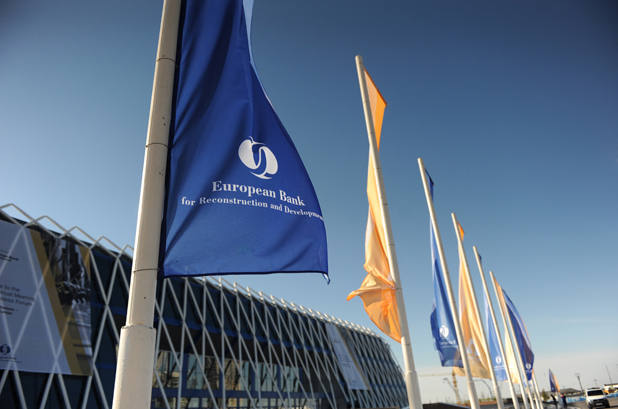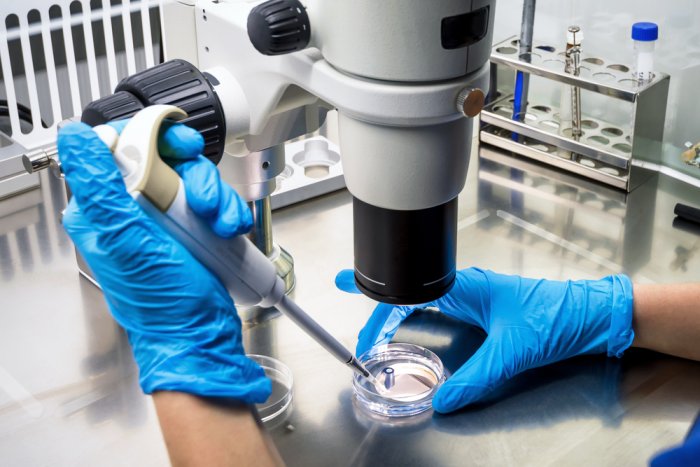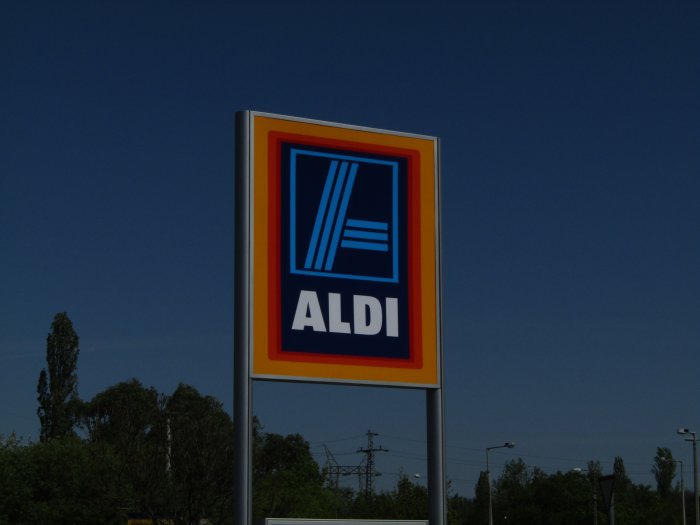Europeans favor local products, but for different reasons - survey

Europeans do not only prefer, but are actively seeking out local products when shopping, even though people have different definitions of what constitutes a "local product" across the 17 surveyed EU member states, according to research by Cetelem.
The research reveals that only 17% do not care about the location of origin of purchased products. Those who deem it important argue that they feel this way due to aspects of quality and reliability, with 89% picking local products for these reasons.
Meanwhile, there are significant differences between countries in terms of what counts as "local." In Hungary, 58% consider products made in the country itself as local. On the other hand, 64% of Europeans say that only products made in their home region count as local, and on average only 31% agree with the Hungarian point of view. A mere 5% think that being made in Europe is enough to classify a product as local.
Some 84% of those who support buying local products say they purchase them due to quality, 81% think that the circumstances of manufacturing and respecting methods are important, and 42% believe protecting the environment is also an important factor.
Another interesting geographical split is apparent between countries in the western and eastern parts of the continent. While Western Europeans believe that buying local products helps the environment, people from the former Eastern Bloc believe that it is a patriotic thing to do. While ecological aspects are considered important by 61% of Swedes, and 55% of Austrians and Germans, the rate is only 29% in Hungary, 22% in Romania, and 16% in Bulgaria.
Nearly half of all those surveyed see supporting the economy as a key aspect, while 43% say protecting jobs is important. Interestingly, 64% observe that local products are expensive; still, the majority (58%) say they would still pay 5-10% more for local products.
"The research reveals that Europeans react sensitively to economic processes, answering them by changing their habits," argues Péter Szabó, chairman and CEO of Magyar Cetelem Bank. At the same time, he adds, responsible consumption and production is important for companies, and not only for people, and supporting it is part of Cetelemʼs long-term strategy.
"This goal serves an important role in our operation and communication alongside our lending activities, hence we decided on the consumption of local products as the topic of this yearʼs Cetelem Survey," says Szabó. "We believe that as a large enterprise, we can do a lot for change, so we are working on helping families in their relevant efforts."
SUPPORT THE BUDAPEST BUSINESS JOURNAL
Producing journalism that is worthy of the name is a costly business. For 27 years, the publishers, editors and reporters of the Budapest Business Journal have striven to bring you business news that works, information that you can trust, that is factual, accurate and presented without fear or favor.
Newspaper organizations across the globe have struggled to find a business model that allows them to continue to excel, without compromising their ability to perform. Most recently, some have experimented with the idea of involving their most important stakeholders, their readers.
We would like to offer that same opportunity to our readers. We would like to invite you to help us deliver the quality business journalism you require. Hit our Support the BBJ button and you can choose the how much and how often you send us your contributions.











